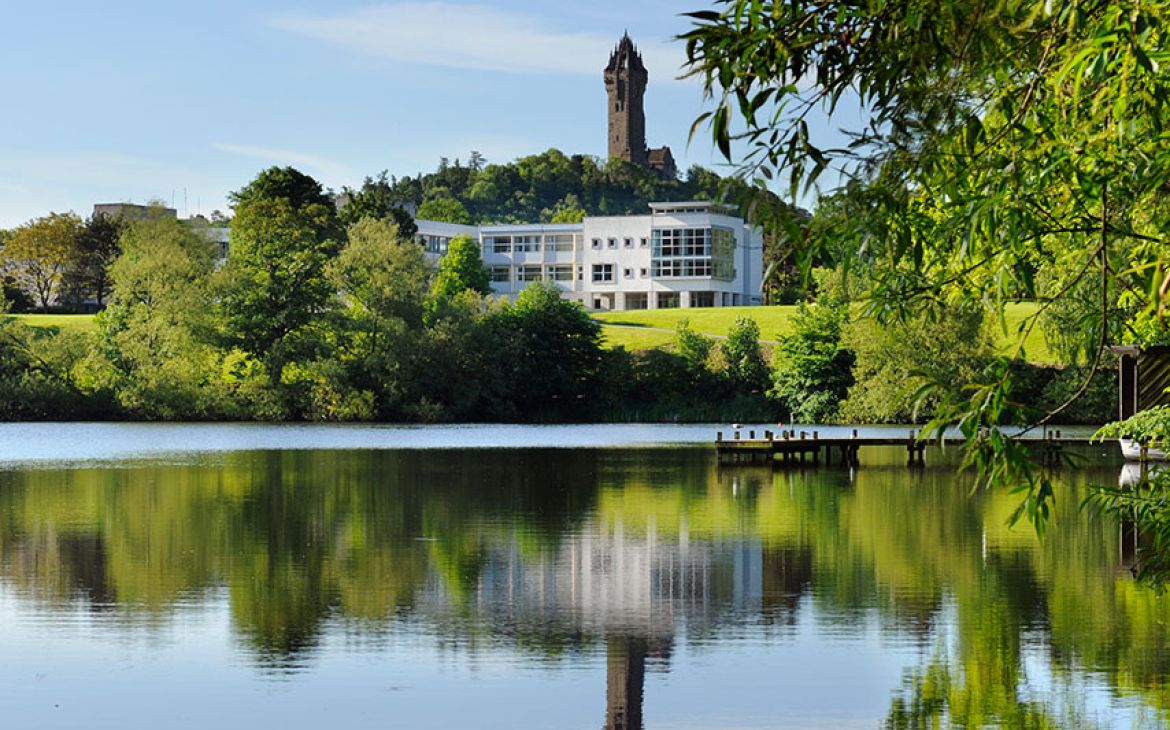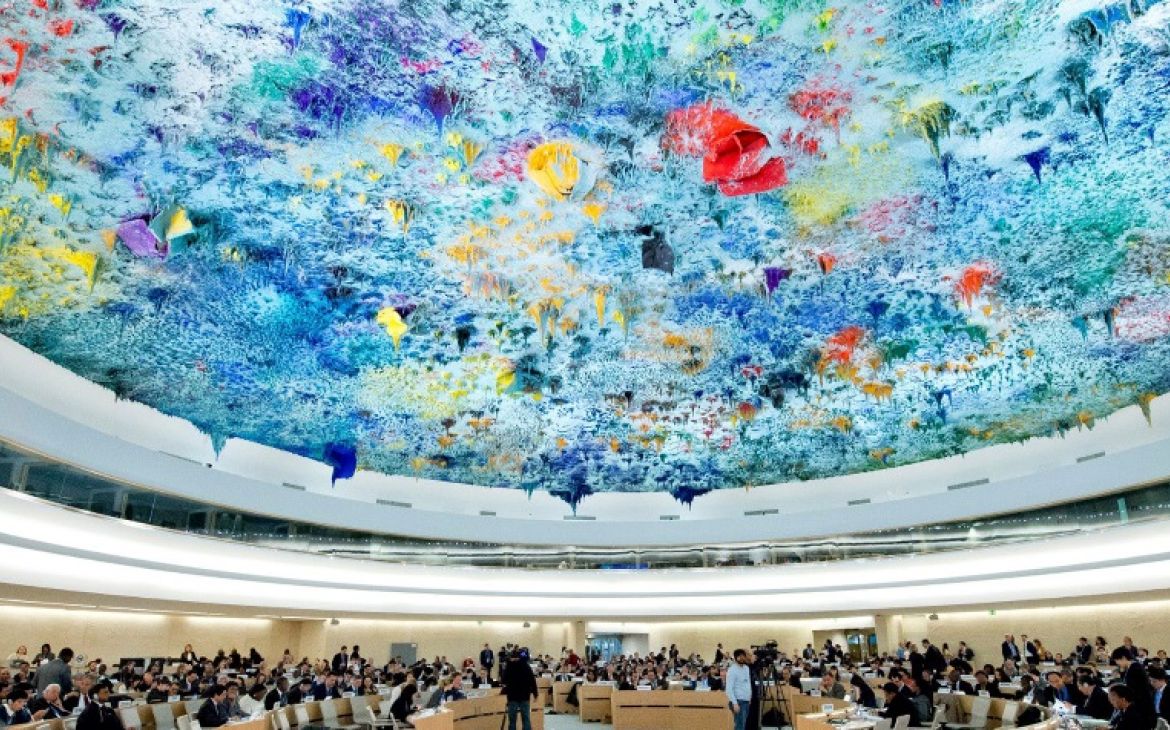This Human Rights and Diplomacy programme offers a distinctive blend of theoretical knowledge and practical experience. Students will engage with modules covering human rights law and politics, the history and philosophical foundations of UN human rights institutions, and receive hands-on training from seasoned UN professionals. Skills such as negotiation, public speaking, leadership, and impactful advocacy will be emphasized throughout the course.
Designed as an interdisciplinary experience, this programme welcomes applicants from diverse backgrounds in politics, philosophy, sociology, law, and other related fields for either the MSc or LL.M pathways.
Participants will delve into both the theory and practice of human rights laws and politics, gaining insights from leading human rights researchers. In addition to academic learning, students will participate in practical exercises, honing their skills in negotiation and document preparation.
A unique highlight of the course is a study visit to Geneva, where students can observe the United Nations, Human Rights Council, and the functionings of the world’s diplomatic centre in action. Furthermore, during the programme’s final semester, students with a strong profile may have the opportunity to apply for a highly sought-after opportunity to receive on-the-job training within the UN system or with UN- affiliated organisations. Alternatively, students will also have the opportunity to engage in professional projects with human rights organizations or pursue an academic dissertation, with this programme offering enriching pathways for all future careers.
Key Information
Next Programme Start Date: January 2027
International Student Deadline: November 2026 (exact date to be confirmed in due course)
Duration: MSc/LL.M full-time (12 months)
Delivery: In-Person, The University of Stirling, Stirling, United Kingdom
LEARNING OBJECTIVES
At the end of the programme, students will be able to:
- Explain, analyse and apply international human rights law in both theory and practice.
- Engage in the theoretical framework of diplomacy, its history and the development of international relations.
- Engage and debate critiques of human rights.
- Draft documents and possess the skills needed to negotiate their progress in a range of human rights institutions.
- Find your way within the United Nations Institutions working on human rights matters and local NGOs.
- Apply a wide range of theoretical and practical methods to human rights research, activism and politics.
Further course details are available here.
ALUMNI TESTIMONIAL
Ntami Eborty
Alumna, MSc Human Rights and Diplomacy
“My decision to move to Scotland to study for my MSc Human Rights and Diplomacy degree was one of the best things that ever happened to me. The course has set me up with confidence for my career and opened a window of opportunities for my career path.”
Beneficiaries
This course is ideal for any graduate or professional with a background in Law, International Relations, or any related field, and who is seeking to strengthen their skills and knowledge in Human Rights issues and mechanisms; negotiation and leadership skills; multilateral diplomacy; the architecture of Human Rights Institutions within the UN System; and international law in a dynamic, multicultural environment.
FEES AND FUNDING
Students from the UK and Republic of Ireland
o January 2027 Fees (2026-2027): £11,500
International (including EU) Students
o January 2027 Fees (2026-2027): £24,300
Partial scholarships available. For more information, please kindly consult the University of Stirling page.
APPLICATION PROCESS
Academic requirements
- A minimum of a second-class honours degree or equivalent. Applicants without these formal qualifications but with significant appropriate/relevant work/life experience are encouraged to apply.
- Students from politics, philosophy, sociology, including law and other disciplinary backgrounds can apply for either the MSc or the LLM.
Other routes of entry
- If you don't currently meet our academic requirements, INTO University of Stirling offers a variety of preparation programmes that can earn you the qualifications and skills you need to progress onto some of our courses. Explore INTO University of Stirling to see the pathway and pre-masters routes available.
International entry requirements
English language requirements
- If English is not your first language you must have one of the following qualifications as evidence of your English language skills:
- IELTS Indicator 6.5 with a minimum of 6.0 in each sub-skill
- Cambridge C1 Advanced (CAE) 176 overall with a minimum of 169 in each sub-skill
- Cambridge C2 Proficiency (CPE) 180 overall with a minimum of 169 in each sub-skill
- Pearson Test of English (Academic) 62 overall with 60 in each sub-skill
- IBT TOEFL 80 overall with 18 in reading, 23 in writing, 19 in listening and 21 in speaking
- Trinity ISE II Pass overall and Merit in all sub-skills, ISE III Pass overall and in all sub-skills, ISE IV Pass overall and in all sub-skills
- Aptis (4 skills) CEFR B2 overall and B2 in all sub-skills
See our information on English language requirements for more details on the language tests we accept and options to waive these requirements.




